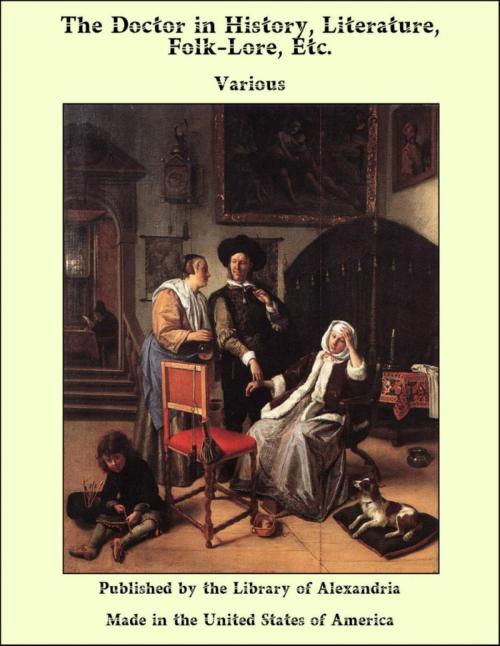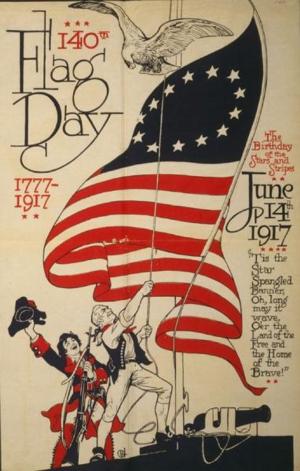The Doctor in History, Literature, Folk-Lore, Etc.
Nonfiction, Religion & Spirituality, New Age, History, Fiction & Literature| Author: | Various Authors | ISBN: | 9781465583901 |
| Publisher: | Library of Alexandria | Publication: | March 8, 2015 |
| Imprint: | Language: | English |
| Author: | Various Authors |
| ISBN: | 9781465583901 |
| Publisher: | Library of Alexandria |
| Publication: | March 8, 2015 |
| Imprint: | |
| Language: | English |
The calling of the barber is of great antiquity. We find in the Book of the Prophet Ezekiel allusions to the Jewish custom of the barber shaving the head as a sign of mourning. In the remote past the art of surgery and the trade of barber were combined. It is clear that in all parts of the civilized world, in bygone times, the barber acted as a kind of surgeon, or to state his position more precisely, he practised phlebotomy. Barbers appear to have gained their experience from the monks whom they assisted in surgical operations. The clergy up to about the twelfth century had the care of men’s bodies as well as of their souls, and practised surgery and medicine. The operations of surgery involved the shedding of blood, and it was felt that this was incompatible with the functions of the clergy. After much consideration and discussion, in 1163 the council of Tours, under Pope Alexander III., forbade the clergy to act as surgeons, but they were permitted to dispense medicine. The edict of Tours must have given satisfaction to the barbers, and they were not slow to avail themselves of the opportunities the change afforded them. In London, and we presume in other places, the barbers advertised their blood-letting in a most objectionable manner. It was customary to put blood in their windows to attract the attention of the public. An ordinance was passed in 1307, directing the barbers to have the blood “privily carried into the Thames under pain of paying two shillings to the use of the Sheriffs.” At an early period in London the barbers were banded together, and a gild was formed. In the first instance it seems that the chief object was the bringing together of the members at religious observances. They attended the funerals and obits of deceased members and their wives. Eventually it was transformed into a semi-social and religious gild, and subsequently became a trade gild.
The calling of the barber is of great antiquity. We find in the Book of the Prophet Ezekiel allusions to the Jewish custom of the barber shaving the head as a sign of mourning. In the remote past the art of surgery and the trade of barber were combined. It is clear that in all parts of the civilized world, in bygone times, the barber acted as a kind of surgeon, or to state his position more precisely, he practised phlebotomy. Barbers appear to have gained their experience from the monks whom they assisted in surgical operations. The clergy up to about the twelfth century had the care of men’s bodies as well as of their souls, and practised surgery and medicine. The operations of surgery involved the shedding of blood, and it was felt that this was incompatible with the functions of the clergy. After much consideration and discussion, in 1163 the council of Tours, under Pope Alexander III., forbade the clergy to act as surgeons, but they were permitted to dispense medicine. The edict of Tours must have given satisfaction to the barbers, and they were not slow to avail themselves of the opportunities the change afforded them. In London, and we presume in other places, the barbers advertised their blood-letting in a most objectionable manner. It was customary to put blood in their windows to attract the attention of the public. An ordinance was passed in 1307, directing the barbers to have the blood “privily carried into the Thames under pain of paying two shillings to the use of the Sheriffs.” At an early period in London the barbers were banded together, and a gild was formed. In the first instance it seems that the chief object was the bringing together of the members at religious observances. They attended the funerals and obits of deceased members and their wives. Eventually it was transformed into a semi-social and religious gild, and subsequently became a trade gild.















